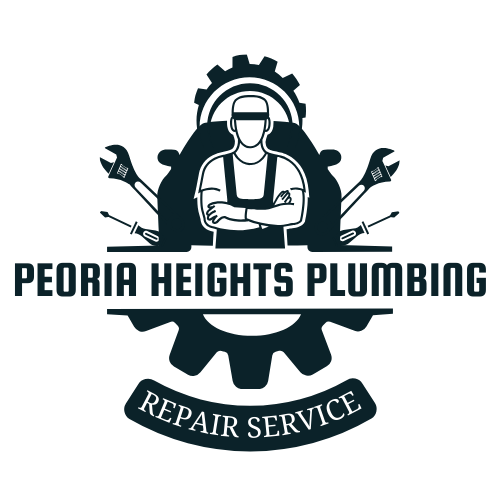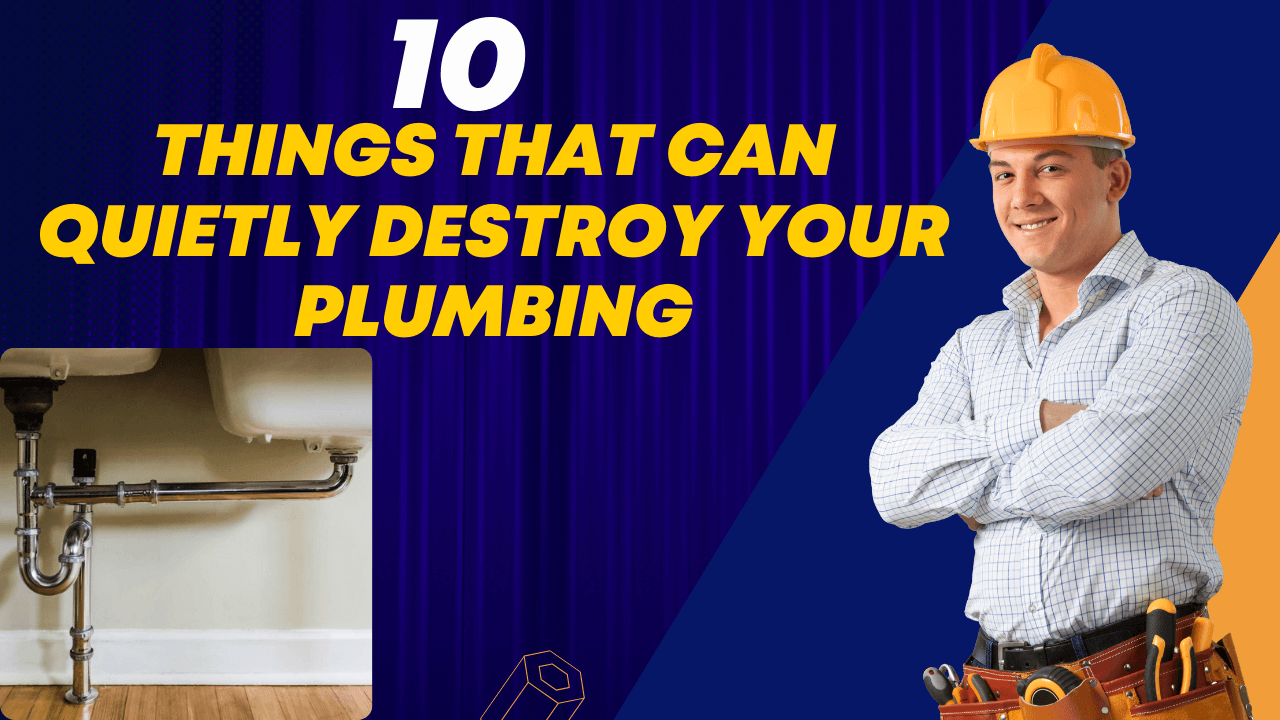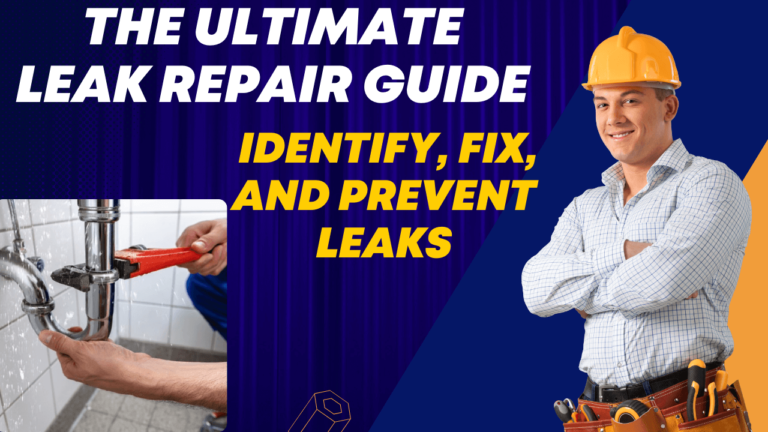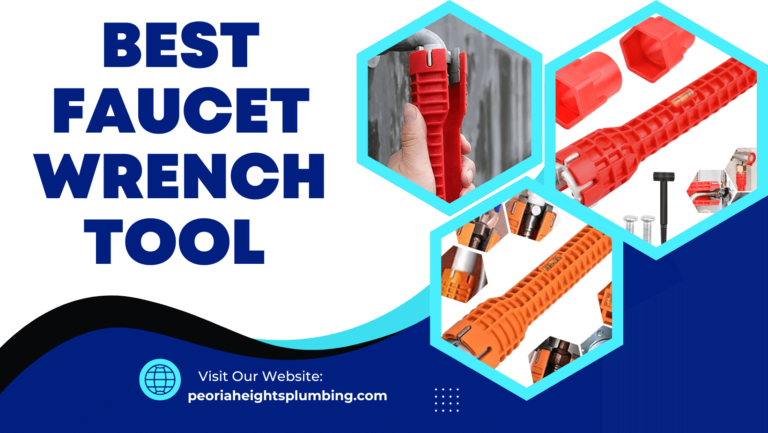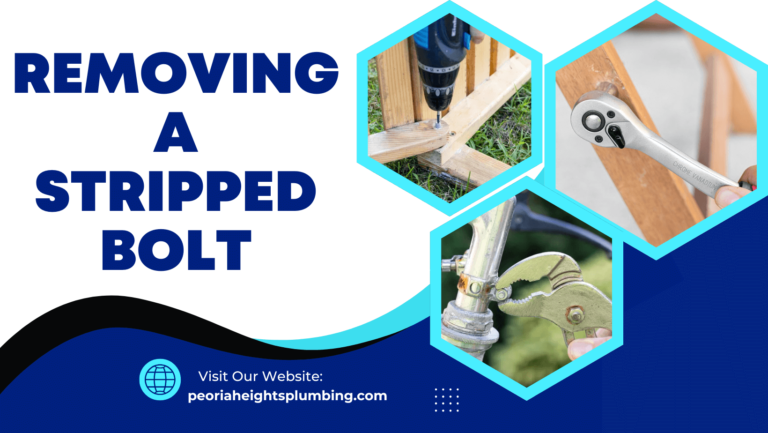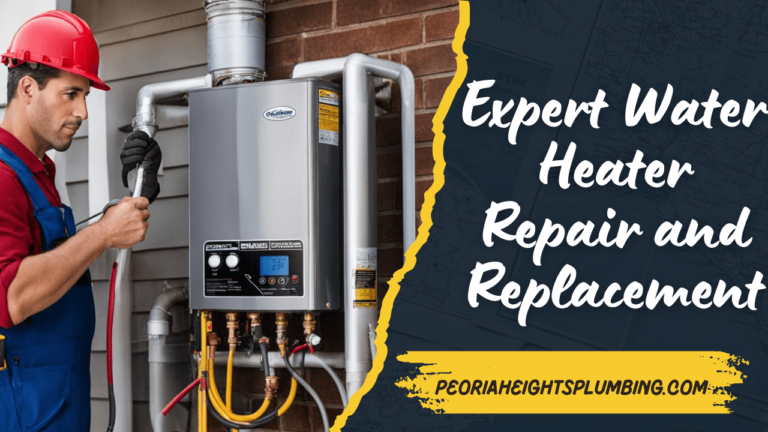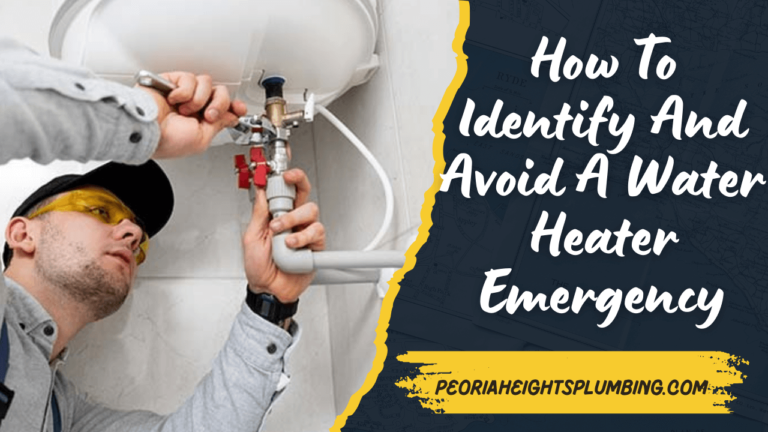10 Things That Can Quietly Destroy Your Plumbing
Your home’s plumbing functions much like the circulatory system in your body—it requires regular care and maintenance to operate effectively. However, many minor and seemingly innocuous actions can silently cause significant damage to your pipes, resulting in costly repairs and potential water damage. Let’s explore the 10 most frequent offenders and how you can avoid them.
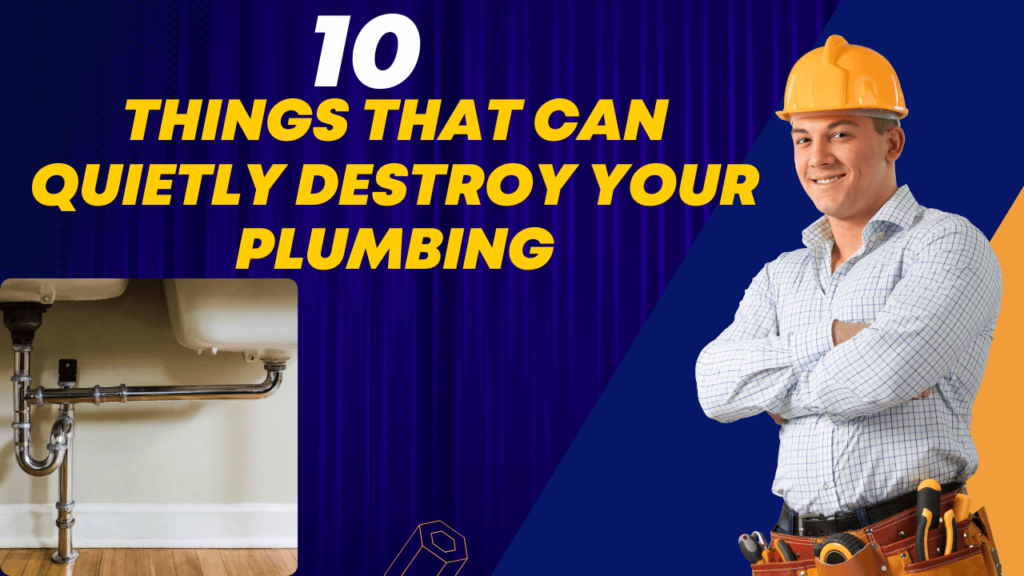
1. Ignoring Minor Leaks
One of the biggest mistakes homeowners make is overlooking small leaks. Whether it’s a dripping faucet or a slow leak under the sink, these seemingly minor issues can waste thousands of gallons of water annually and lead to mold growth or structural damage. Fix leaks as soon as they’re detected to avoid larger, more expensive repairs.
Read also Best Plumbing Tools Under $50 in Illinois
2. Flushing the Wrong Items
Toilets are only designed to handle human waste and toilet paper. Items like baby wipes (even if labeled “flushable”), paper towels, sanitary products, or cotton swabs don’t break down easily and can cause blockages in your plumbing. Invest in a small trash bin for the bathroom to discourage improper flushing.
3. Pouring Grease Down the Drain
Cooking grease is one of the most common causes of clogged pipes. When you pour hot grease down the drain, it cools and solidifies, forming sticky clumps that block water flow. Instead, pour grease into a container, let it harden, and throw it in the trash.
4. Hard Water Damage
If you live in an area with hard water, the excess minerals (like calcium and magnesium) can build up inside your pipes over time, reducing water flow and damaging appliances. Installing a water softener can help prevent mineral buildup and protect your plumbing.
5. Overuse of Chemical Drain Cleaners
While chemical drain cleaners are convenient, their harsh ingredients can corrode pipes over time. If you frequently deal with clogs, use a natural solution like baking soda and vinegar or consult a plumber for a permanent fix.
6. High Water Pressure
High water pressure may feel luxurious in the shower, but it puts undue stress on your pipes and fixtures. Over time, this can lead to leaks and burst pipes. A water pressure regulator can help keep the pressure within safe limits (generally 40–60 PSI).
7. Tree Roots in Your Pipes
Tree roots are naturally attracted to the moisture in underground pipes. As they grow, they can invade and damage your plumbing system, causing blockages and leaks. Annual inspections and root barriers can keep your pipes safe from invasive roots.
Read Also The Ultimate Leak Repair Guide: Identify, Fix, and Prevent Leaks
8. Improper Garbage Disposal Use
Many people misuse their garbage disposal by putting in items like coffee grounds, eggshells, or fibrous foods (e.g., celery or potato peels). These materials can damage the blades or clog your pipes. Only dispose of small food scraps, and avoid dumping grease or large chunks of food.
9. Skipping Regular Maintenance
Plumbing systems require regular checkups to identify problems before they escalate. Flushing your water heater annually, inspecting for leaks, and checking for slow drains are essential preventive measures. Ignoring maintenance can result in expensive emergency repairs.
10. DIY Plumbing Fixes Gone Wrong
Attempting to fix complex plumbing issues without proper knowledge or tools can make the problem worse. It’s always better to call a licensed plumber for major repairs, especially when dealing with leaks, clogs, or water heater problems.
How to Protect Your Plumbing System
To keep your plumbing system in top shape:
- Be mindful of what goes down the drain.
- Schedule annual inspections.
- Install water softeners if necessary.
- Fix leaks promptly.
- Hire professionals for significant repairs.
Preventing these common issues will not only save you money but also extend the life of your plumbing system.
FAQs
How can I detect a hidden plumbing leak?
Look for signs such as unexplained water stains, musty odors, increased water bills, or low water pressure. If you’re unsure, call a plumber for an inspection.
Can I use natural alternatives to clean my drains?
Yes, a mix of baking soda and vinegar followed by hot water is an effective and eco-friendly solution for minor clogs.
How often should I check my plumbing system?
It’s a good practice to inspect your plumbing system at least once a year and schedule professional maintenance every 2–3 years.
What should I do if my garbage disposal stops working?
First, turn off the disposal and check for blockages. Use a wrench to manually rotate the blades if necessary. If it still doesn’t work, consult a professional.
Can tree roots invade pipes even if I don’t have trees nearby?
Yes, tree roots can travel long distances underground. Annual plumbing inspections are the best way to detect and prevent root intrusion.
